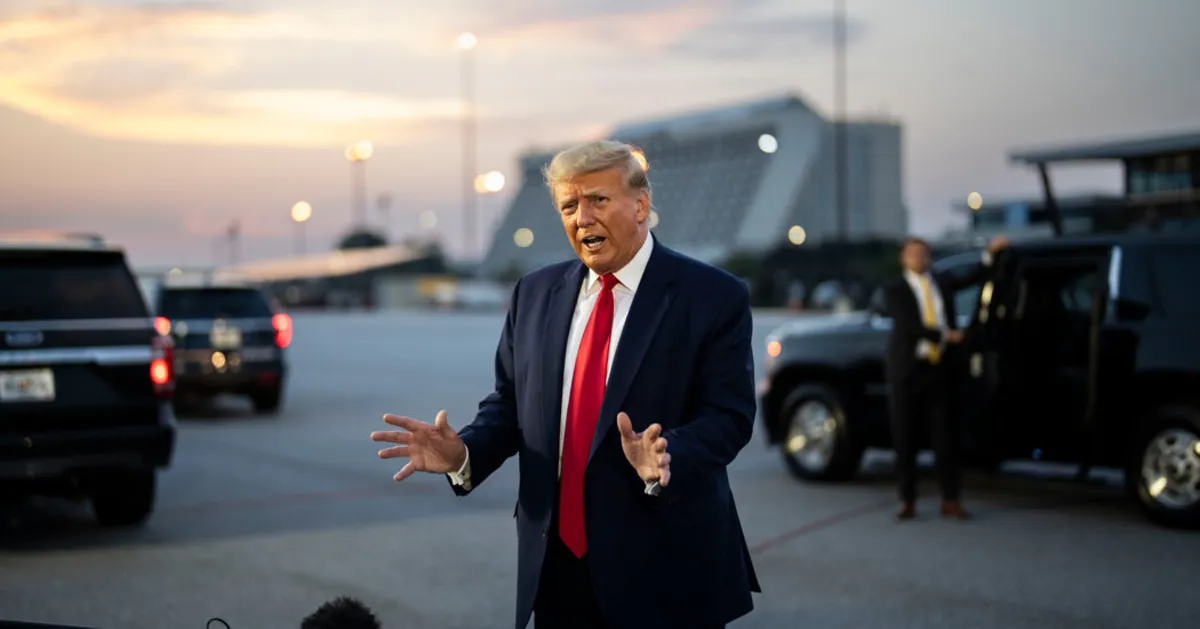
A judge in Georgia has officially dismissed the last remaining criminal prosecution against President Trump as of Wednesday, marking a significant moment in the ongoing legal battles surrounding his attempts to overturn the 2020 election. This dismissal effectively concludes efforts to hold the former president criminally accountable for his actions related to the electoral process.
Since being re-elected last year, President Trump has witnessed the unraveling of three distinct criminal cases against him. Notably, among the defendants in the Georgia racketeering case were several of his close allies, including Rudolph W. Giuliani, Trump’s former personal lawyer, and Mark Meadows, who served as the former White House chief of staff. The Georgia case was perceived as one of the most significant legal threats to Trump due to the fact that state criminal convictions do not fall under the purview of presidential pardons.
The motion to terminate the prosecution was submitted on Wednesday morning by Pete Skandalakis, the executive director of the state’s nonpartisan prosecutor council. In his comprehensive 22-page filing, Skandalakis, a career prosecutor with a history of running for office as both a Democrat and a Republican, meticulously dismantled the case initially brought forth by Fani T. Willis, the Fulton County district attorney. He methodically analyzed each charge, asserting that it is not illegal to question or challenge election results.
Mr. Skandalakis concluded that the ongoing federal inquiry conducted by Jack Smith, the special counsel appointed by the Justice Department under President Biden, would be a more suitable venue for investigating Trump’s attempts to maintain power following the 2020 election. He emphasized that pursuing a case against a sitting president in Georgia would be impractical. Additionally, he pointed out that a ruling from the U.S. Supreme Court last year granted presidents “absolute immunity” from criminal prosecution for actions taken within their constitutional authority. This ruling implied that litigating issues of immunity in Georgia courts could take “months, if not years” to resolve, and all of this would need to occur after Trump leaves office in 2029.
The dismissal of the criminal case in Georgia represents a pivotal moment in the legal landscape surrounding former President Trump. As the legal challenges continue to evolve, the focus now shifts to federal inquiries and the implications of presidential immunity in cases involving current and former leaders.